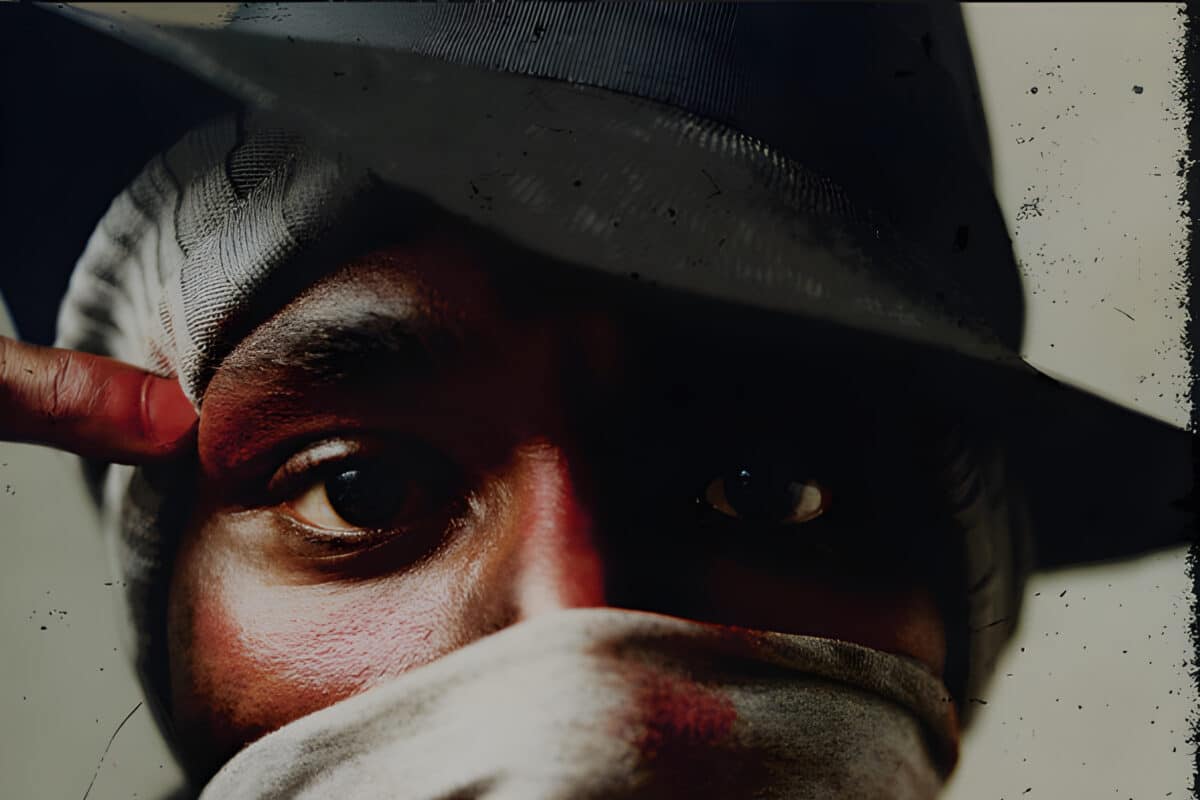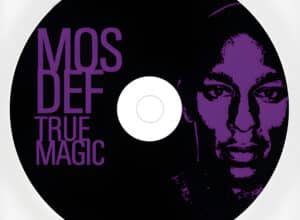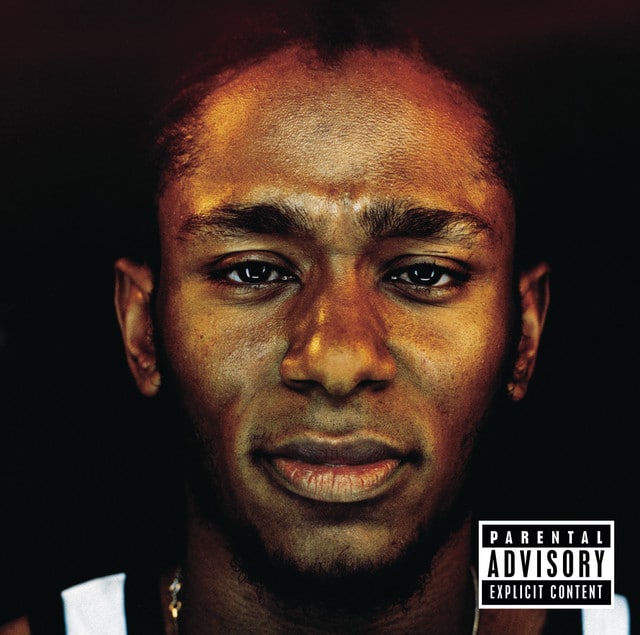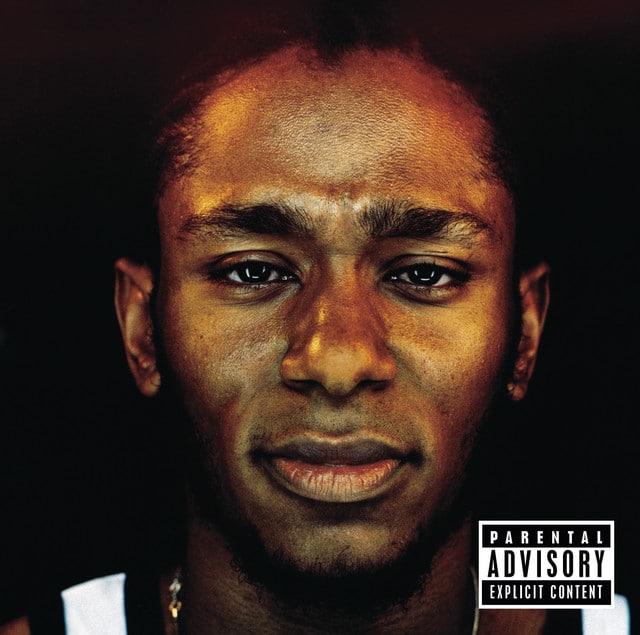Released: 2004
In “Zimzallabim,” Mos Def taps into his trademark mix of consciousness and bravado, delivering a lyrical showcase that serves as an homage to the resilience and spirit of the ghetto. Through a rhythmic exploration of identity, cultural strength, and a fierce pride, Mos Def infuses each line with meaning that challenges and motivates his listeners. He blends storytelling with wordplay, touching on themes of power, transformation, and the rebellious spirit intrinsic to hip-hop culture.
The hook introduces listeners to the communal shout-out to “ghetto people,” drawing them into an anthem for empowerment and identity. It reflects a direct communication with the audience, with repeated emphasis on inclusion by mentioning “you and you and you,” inviting listeners from all backgrounds to partake in the message. It’s both an acknowledgement and a call to unity, with Mos Def positioning himself as the speaker for the masses.
As the first verse unfolds, Mos Def draws on the metaphor of a “heavy weights champ,” declaring his prominence and steadfast nature. Here, “live and stompin” signifies his dynamic presence and lasting impact in the industry. This part also references Jack Johnson, not just a historical figure in boxing but an emblem of fighting against oppression. Through vivid imagery like “low, middle, the high with it,” Mos Def expresses versatility and resilience across all life’s layers.
Mos Def uses a captivating string of allusions and metaphors to demonstrate rebellion and cultural innovation. “The hackers who remapped the matrix” signifies those who reimagine societal systems, crafting paths that lead back to simplicity and authenticity. By referencing slaves hijacking ships, Mos Def nods to historical acts of rebellion, which becomes a symbol for transformation in hip-hop. The line “Consider this the moment that changed it: NOW!” underlines the immediacy and impact of his message.
In the bridge and subsequent lines, Mos Def commands a global respect from “east to the west, up north to down south.” His invitation to the listener to witness “how to REALLY make moshpit bounce” points to his ability to incite both literal and metaphorical movement. His words illustrate how authentic, raw expression is a hallmark of true artistry and power.
Continuing his confident stride in the second verse, Mos Def likens his rhyme style to tangible, dynamic forces – tighter than “a big titties halter top” and “doper than a floyd flake.” These humorous yet provocative images underscore the ingenuity and invincibility he brings to the craft. Through lines about connecting the dots and overcoming opponents’ “plots,” he suggests his intelligence and strategic mastery in hip-hop and life.
In the lines “These the hungry hands that gon snatch your cash box,” Mos Def showcases his hunger and determination. It’s not just about music—it’s about claiming what rightfully belongs to him and his community. He underscores his indifference to critics and competition with, “YOU WHACK! And I don’t care what you sound.” This bravado dismisses any naysayers while highlighting his self-sufficiency and resolve.
In the powerful culmination of the verse, Mos Def reaffirms his capability with “hard rhymes and hot spit,” challenging anyone who underestimates him. With dark, assertive lines such as “See how dark it can get for them,” he predicts the downfall of those who fail to heed his wisdom. His imagery invokes a funerary procession for detractors, “Get the flowers, they’ll sing for them,” framing ignorance and dismissal of his message as fatal mistakes.
Through repetition of “Ghetto rock with me,” Mos Def forges a collective identity. The lines push beyond mere participation, urging listeners to embody the cultural ethos he articulates. This serves not just as a rallying cry but as a symbol of a community’s vibrancy and endurance, continuing to thrive against adversity.
In closing, “Zimzallabim” exemplifies Mos Def’s dual ability to be a compelling storyteller and a sharp lyricist. With references to cultural icons like Jack Johnson, alongside personal and collective power themes, Mos Def reminds listeners of the broader narrative within hip-hop—one rooted in resilience and truth-telling. His emphasis on authenticity and the rawness of the human experience resonates deeply, encouraging audiences to reflect and embrace their own stories with strength and pride.








